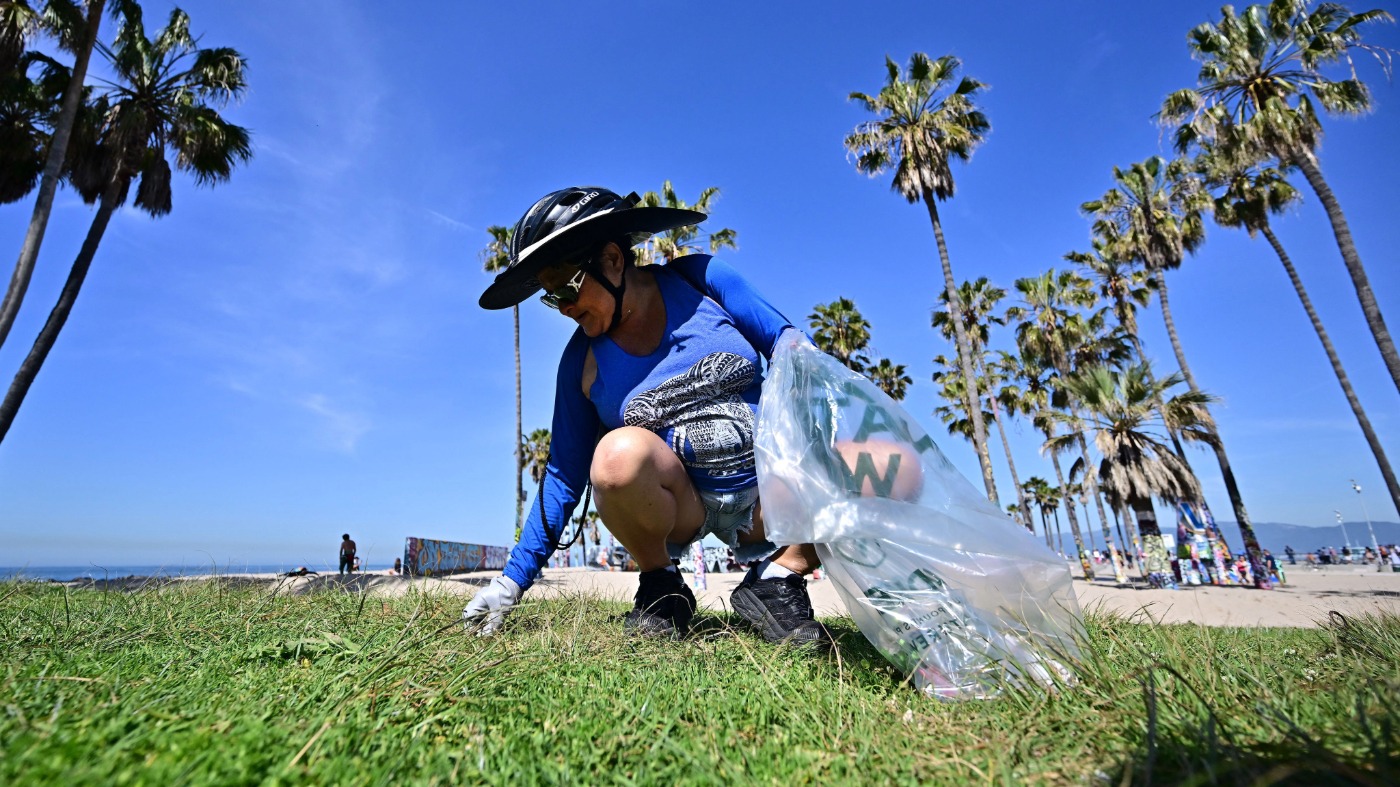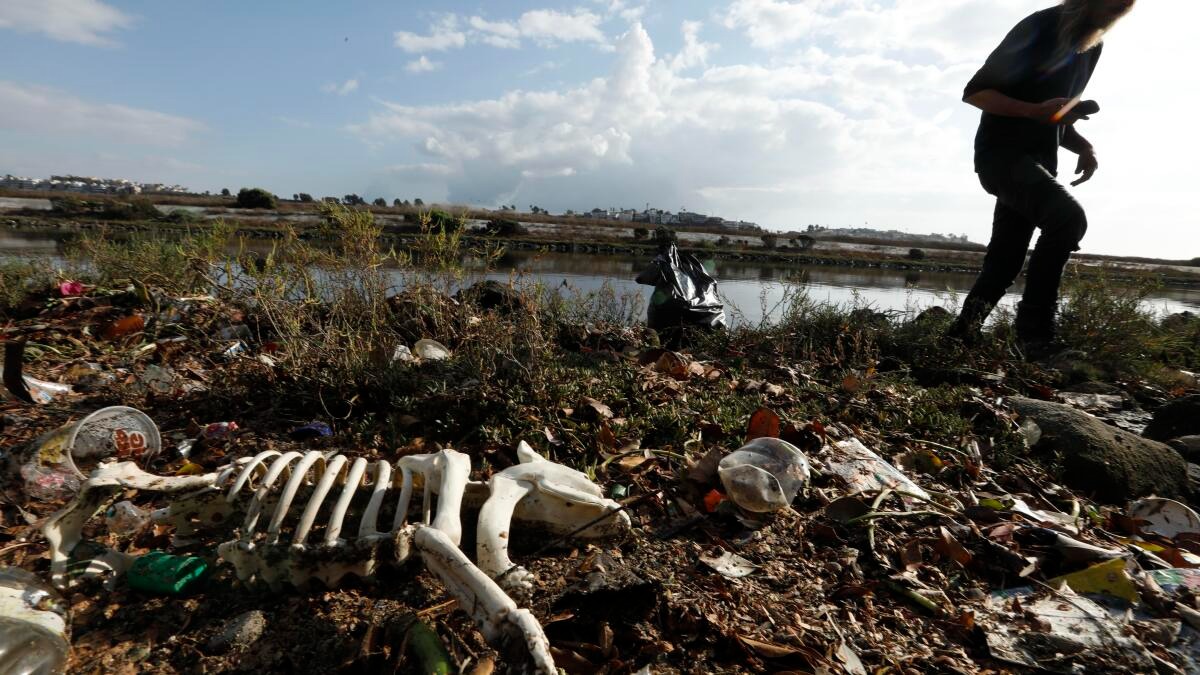California’s 840 miles of coastline offer a gateway to breathtaking underwater scenery, home to diverse marine life, from playful sea otters and turtles to migrating whales.
These marine habitats are crucial in maintaining our ecosystem, producing oxygen, and supporting our fishery and tourism industries. However, a looming threat to our ocean ecosystems is becoming increasingly visible – plastic pollution. Images of turtles mistaking plastic bags for food and whales entangled in fishing gear have become all too familiar.
The plastic pollution problem has reached crisis levels, with California spending over $520 million annually and thousands of volunteer hours cleaning up plastic waste on its iconic beaches. The state’s coastal communities have witnessed firsthand the devastating impact of plastic pollution.

Globally, an estimated 11 million metric tons of plastic enter the ocean every year, with the US being the largest generator of plastic waste. To address this crisis, it’s essential to tackle the problem at its source by reducing plastic production. Volunteer beach cleanups, while important, are not enough; we must address the root cause of the issue.
Experts agree that to curb plastic pollution effectively, we must eliminate at least half of all global single-use plastics by 2050. The United Nations is convening in Ottawa to negotiate a global plastics treaty, but the US and other nations have been slow to embrace strong provisions. At the federal level, progress on reducing plastics has been limited.
In October, a bill was introduced to curtail plastics nationwide by strengthening provisions for reducing single-use plastics and improving waste management. However, in a sharply divided Congress, the bill is unlikely to pass.

In the absence of federal action, some states have taken the lead, with California passing SB54, mandating a 25% reduction in single-use plastics – the strongest plastics policy worldwide.
While California’s leadership is commendable, we cannot afford to wait for every state to follow suit. Federal legislation and a strong global treaty are crucial to addressing the plastic pollution crisis.
We must prioritize protecting our oceans, lands, communities, and bodies from plastic pollution. Limiting single-use plastic production is the only effective way to safeguard ecosystems and our health. The Break Free from Plastic Pollution Act and California’s leadership offer a vision for a future free from plastic pollution; now it’s time for everyone to take action.


